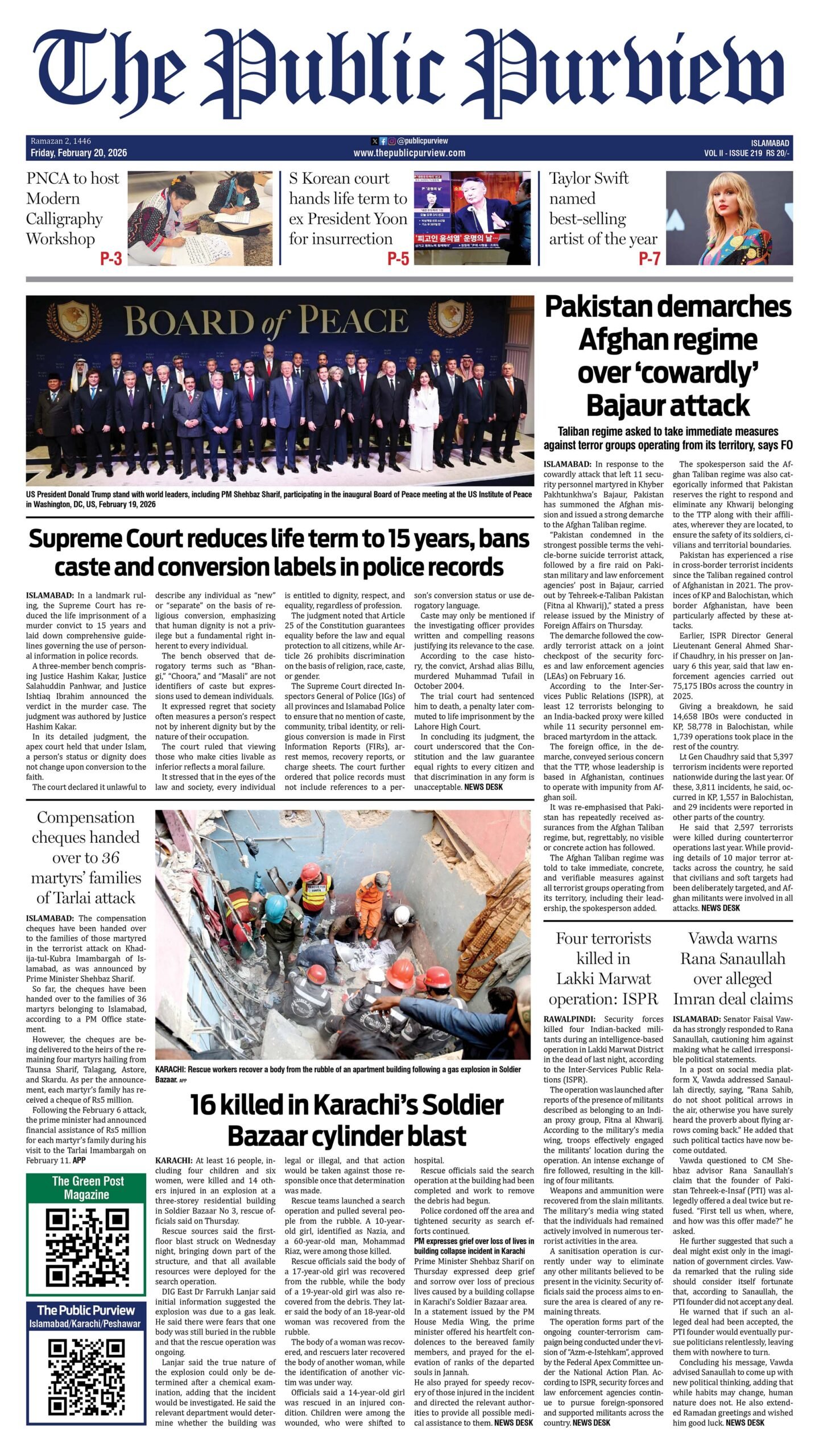Islamabad: “The government is fully committed to enhancing healthcare access, especially for women in marginalized and underserved regions. We are working towards a system where every woman can receive the healthcare she needs, when she needs it, free from stigma or fear,” stated Dr. Malik Mukhtar Ahmed Bharath, Coordinator to the Prime Minister on National Health Services. He made these remarks while addressing the launch of the report titled “Safeguarding Women’s Health: Trends, Inequities, and Opportunities in Pakistan’s Abortion and Post-Abortion Care Services” in Islamabad.
The event unveiled findings from a comprehensive national study by the Population Council, in partnership with the Guttmacher Institute, highlighting the urgent state of women’s reproductive health in Pakistan, with a focus on abortion and post-abortion care. Dr. Malik emphasized that, with maternal mortality at 186 deaths per 100,000 live births, the research underscores the need for comprehensive reforms in reproductive healthcare. He also stressed the importance of balancing population and resources, reaffirming the government’s commitment to achieving this through policies and improved access to family planning services. The government plans to implement the report’s recommendations by investing in infrastructure, capacity building, and an enhanced referral system to improve emergency response capabilities, strengthening reproductive health services nationwide.
The Women’s Health Study is the third in a series of national assessments following similar studies in 2002 and 2012. It comes at a pivotal time as Pakistan grapples with significant reproductive health challenges. The study reveals that 66 women of reproductive age (15-49) per 1,000 had an induced abortion annually in 2023. Moreover, between 21-30% of women who underwent an abortion still faced complications,







 Today's E-Paper
Today's E-Paper